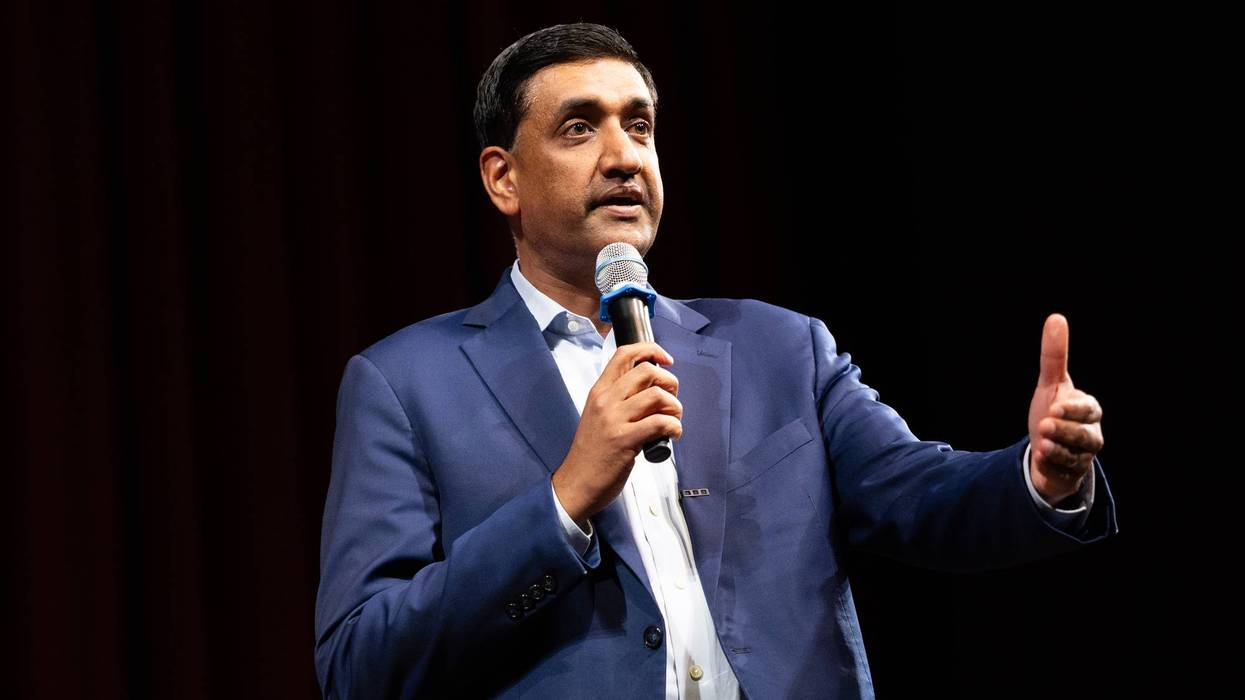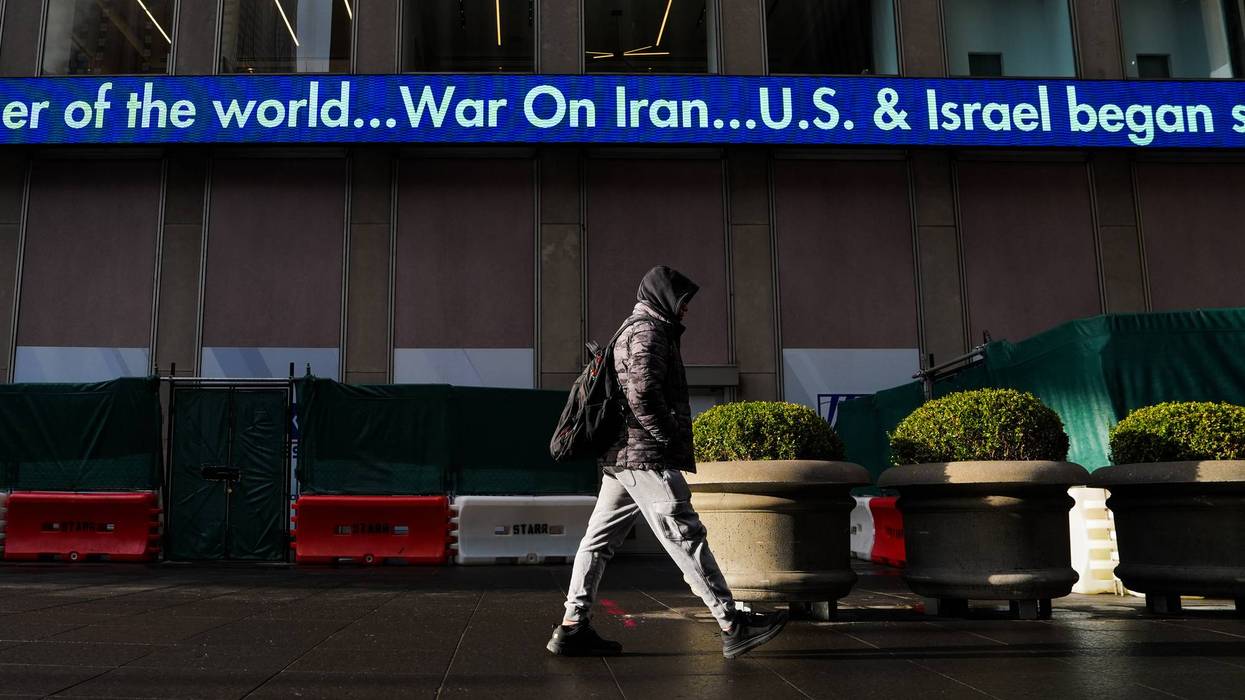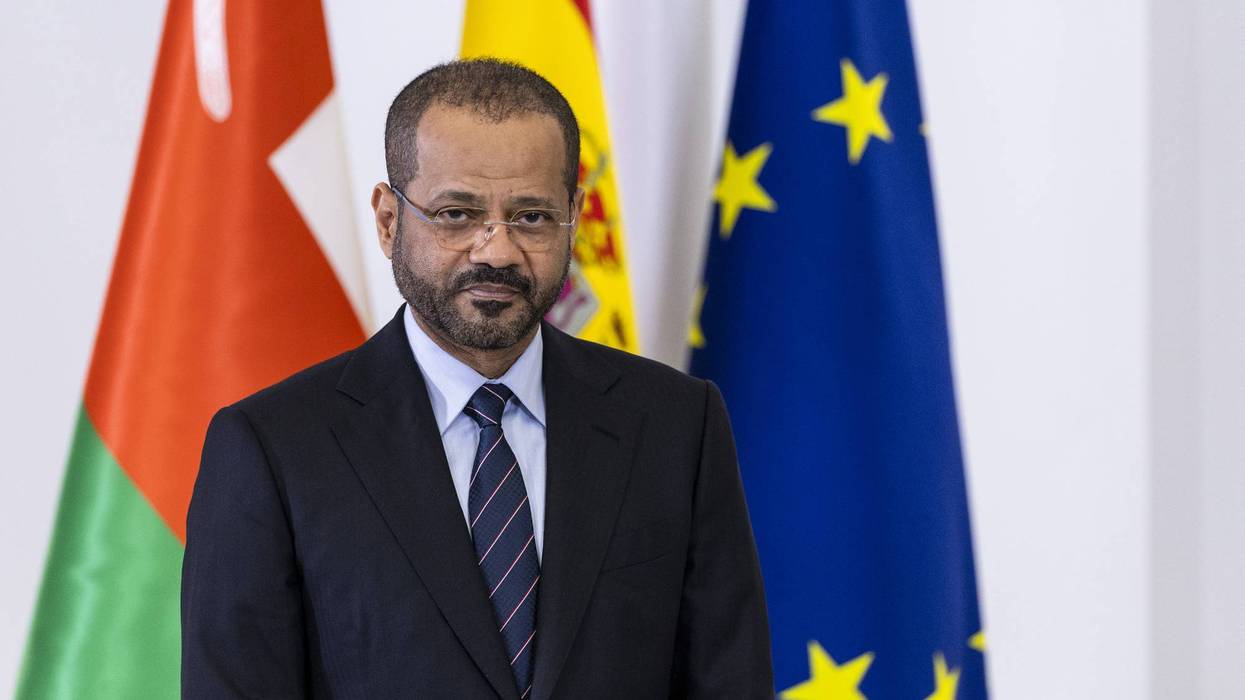February, 07 2018, 10:30am EDT
For Immediate Release
Contact:
Katherine McDonnell, Legal Advocacy Coordinator, EarthRights International, katherine@earthrights.org, +95 978 259 7172
Myanmar Economic Zone Developers Launch Complaint Process That Violates Human Rights Norms
WASHINGTON
Companies responsible for human rights violations in Myanmar's Thilawa Special Economic Zone have failed their obligations under international business and human rights norms in their newly-launched Thilawa Complaints Management Procedure (TCMP). Thilawa community members have sent the developers of the Special Economic Zone (SEZ) a formal response requesting a negotiation in order to agree on a better grievance mechanism. The letter emphasizes that the communities affected by the SEZ have already spent three years working to develop a collaborative, functional mechanism to address rights abuses. Following up on the letter from the community, ERI has submitted an analysis of the TCMP demonstrating how its design process and content fail to meet the most basic standards of good practice.
"It is a positive step that the companies have finally accepted that the SEZ needs a systematic problem-solving process," said Katherine McDonnell, Legal Advocacy Coordinator for ERI. "But the TCMP was rushed through without proper due diligence. As a result, it fails to address the community's concerns about the impacts of the SEZ, and lacks basic criteria such as accessibility, predictability, and legitimacy. A process on paper is not the same as a functioning mechanism. People impacted by the SEZ, some of whom have been waiting over four years for proper remedy, deserve a process that will work."
The Procedure will be run by Thilawa SEZ Management Committee (TSMC) and Myanmar Japan Thilawa Development Limited (MJTD) and was designed to receive, investigate and resolve affected communities' concerns regarding SEZ activities. In publishing the TCMP, the developers rejected three years of requests from Thilawa community members to collaborate on a Community-Driven Operational Grievance Mechanism (CD-OGM) to address the impacts of the SEZ. The developers received the formal draft of the full CD-OGM in late 2016, with the request for comments. But in late 2017, they commissioned the design of the new TCMP without proper consultation with community members - neither those who were already working on the CD-OGM nor those who will use the mechanism.
Despite this fact, the community members are still seeking dialogue and compromise with the developers.
"We feel happy that TSMC, MJTD, and JICA finally accept what we have been trying to say - that we need a fair process for remedy in Thilawa," said Aye Khaing Win, a Thilawa community member involved in the CD-OGM design process. "To be honest, we feel disrespected that they are ignoring us, when we have tried for so long to collaborate, and instead they make this new TCMP. But we still want to try. We hope they will finally listen."
In their responses to the TCMP, both the Design Committee for the CD-OGM and ERI have noted that by creating a new, competing mechanism, the developers have not only incurred additional expenses and lost relevant information, but have also caused both confusion and distrust in the community.
"Nobody asked us what we think about this TCMP. They only tried to make us understand it, then sign an agreement," said a community member who requested to remain anonymous due to concerns about retaliation.
"Under the UNGPs, a grievance mechanism should be 'based on engagement and dialogue.' What has happened here is not just lack of engagement with the affected communities, but an active rejection of engagement," said McDonnell.
ERI's 27-page analysis outlines how the TCMP violates international business and human rights norms.
"The TCMP falls short of good practice in the most basic ways," said McDonnell. "It makes no mention of the UN Guiding Principles on Business and Human Rights (UNGP), an internationally-accepted standard. It doesn't acknowledge vulnerable groups, who face additional barriers when seeking remedies. The words 'grievance' and 'remedy' rarely appear at all."
The analysis notes that the TCMP document is incomplete, with missing annexes, unfinished sentences, and references to content that does not exist. It has only been published online in English, making it inaccessible to the affected communities and nonfunctional. It lacks the level of detail necessary to understand how it will be implemented properly.
In stark contrast to the CD-OGM, which has involved community members in the design and envisions a multi-stakeholder group to run the mechanism, the TCMP would be run entirely by representatives from MJTD and TSMC, without training or oversight, and without addressing their documented history of poor engagement and trust issues with the Thilawa communities.
"One of the most troubling aspects of the TCMP is that it completely lacks oversight and is meant to be run only by internal actors with no training, who will have complete discretion. There are no criteria for any decision-making processes, and no external appeals or monitoring. There is nothing in this document to provide any assurance that it can be implemented in an impartial and consistent way," said McDonnell.
EarthRights International (ERI) is a nongovernmental, nonprofit organization that combines the power of law and the power of people in defense of human rights and the environment, which we define as "earth rights." We specialize in fact-finding, legal actions against perpetrators of earth rights abuses, training grassroots and community leaders, and advocacy campaigns. Through these strategies, EarthRights International seeks to end earth rights abuses, to provide real solutions for real people, and to promote and protect human rights and the environment in the communities where we work.
LATEST NEWS
Demanding Action From Congress, Khanna Says 'The American People Are Tired of Regime Change Wars'
"We don't want to be at war with a country of 90 million people in the Middle East," said Democratic US Rep. Ro Khanna.
Feb 28, 2026
US Rep. Ro Khanna on Saturday demanded swift action from Congress to stop the Trump administration's unauthorized military assault on Iran, saying in a video posted to social media that "the American people are tired of regime change wars that cost us billions of dollars and risk our lives."
"We don't want to be at war with a country of 90 million people in the Middle East," said Khanna (D-Calif.), calling on Congress to reconvene for a vote on Monday.
"Every member of Congress should go on record today on how they will vote on Thomas Massie and my War Powers resolution," Khanna added, referring to the Kentucky Republican who is co-leading the measure.
If passed, the resolution would require the president "to terminate the use of United States Armed Forces from hostilities against the Islamic Republic of Iran or any part of its government or military, unless explicitly authorized by a declaration of war or specific authorization for use of military force against Iran."
Watch Khanna's remarks:
Trump has launched an illegal regime change war in Iran with American lives at risk. Congress must convene on Monday to vote on @RepThomasMassie & my WPR to stop this. Every member of Congress should go on record this weekend on how they will vote. pic.twitter.com/tlRi3Vz849
— Ro Khanna (@RoKhanna) February 28, 2026
Days prior to the US-Israeli attack on Iran, the House Democratic leadership announced it would force a vote next week on the Khanna-Massie War Powers resolution following reports that top Democrats were slowwalking the measure behind closed doors.
Senate Democrats also said they planned to vote next week on a War Powers resolution led by Sens. Tim Kaine of Virginia.
In a statement on Saturday, Kaine called the US attacks on Iran "illegal" and said that "every single senator needs to go on the record about this dangerous, unnecessary, and idiotic action."
“Has President Trump learned nothing from decades of US meddling in Iran and forever wars in the Middle East? Is he too mentally incapacitated to realize that we had a diplomatic agreement with Iran that was keeping its nuclear program in check, until he ripped it up during his first term?" Kaine asked. "These strikes are a colossal mistake, and I pray they do not cost our sons and daughters in uniform and at embassies throughout the region their lives. The Senate should immediately return to session and vote on my War Powers resolution."
The chances of a War Powers resolution getting through the Republican-controlled Congress are virtually nonexistent, even though the American public overwhelmingly opposes US military action against Iran. Senate Majority Leader John Thune (R-SD) and House Speaker Mike Johnson (R-La.) both issued statements applauding Trump for the unauthorized Saturday attacks.
Cavan Kharrazian, senior policy adviser to the advocacy group Demand Progress, said that "Trump has no authority to launch another war on his own."
"The Constitution is clear. The need for a War Powers resolution is clear. Congress decides when this country goes to war, not the president," said Kharrazian. "Next week, every member of Congress will have to choose. Side with illegal, endless war, or side with the American people and reject yet another regime change war in the Middle East. Like with Iraq, the choice they make will echo loudly for years to come.”
Keep ReadingShow Less
'The Behavior of Rogue States': Global Revulsion as US and Israel Launch War on Iran
"The attacks on Iran by Israel and the United States are illegal, unprovoked, and unjustifiable," said Jeremy Corbyn, an independent member of the UK Parliament.
Feb 28, 2026
Elected officials, activists, and experts around the world voiced horror and outrage Saturday as US President Donald Trump and Israeli Prime Minister Benjamin Netanyahu jointly launched an illegal war on Iran with the explicit goal of toppling the nation's government, sparking chaos throughout the Middle East.
The wave of bombings, expected to mark the beginning of a wider assault, spurred airspace closures and flight cancellations across the region as countries braced for the fallout. While European leaders offered milquetoast responses to the unlawful military attack and Canadian and Australian officials openly endorsed it, leftist politicians and others unequivocally condemned the US and Israel as the aggressors.
"The attacks on Iran by Israel and the United States are illegal, unprovoked, and unjustifiable," said Jeremy Corbyn, an independent member of the British Parliament and former leader of the UK Labour Party. "Peace and diplomacy was possible. Instead, Israel and the United States chose war."
"This is the behavior of rogue states—and they have jeopardized the safety of humankind around the world with this catastrophic act of aggression," Corbyn added. "Our government must condemn this flagrant breach of international law, and urgently pursue a foreign policy based on justice, sovereignty, and peace."
Progressive International co-founder Yanis Varoufakis, the former finance minister of Greece, echoed Corbyn's criticism of the US and Israel as "rogue states."
"Israel and the USA," he wrote on social media, "have started a war not against Iran but against the whole world. We stand with Iranians, with humanity, against the notion that Israel and the US can bomb anyone their fancy takes them to bomb."
Badr Albusaidi, the foreign minister of Oman and the mediator of recent US-Iran talks, said he was "dismayed" by news of the US-Israel attacks on Iran, which were quickly followed by reports of horrific atrocities. Albusaidi said hours before the bombs started falling on Iran that a diplomatic resolution was within reach.
"Active and serious negotiations have yet again been undermined," Albusaidi lamented on Saturday. "Neither the interests of the United States nor the cause of global peace are well served by this. And I pray for the innocents who will suffer. I urge the United States not to get sucked in further."
Leftist Colombian President Gustavo Petro said he believes "President Donald Trump has made a mistake today" and implored the "helpless United Nations" to "convene immediately" in response to the US-Israel attacks and retaliation by Iran and allied groups in the region.
Iran vowed a "crushing" response to the US-Israeli onslaught, firing drones and missiles at Israel and pledging to hit US military installations in the region.
Al Jazeera reported that "Iran has targeted United States assets across the Gulf Arab states in retaliation for a huge joint attack on Iran by the US and Israel, as the region’s worst fears of being ignited in the flames of a sustained war loom."
"The Iranian government on Saturday confirmed its attacks on several targets, according to the Fars news agency, including Bahrain, Kuwait, Qatar, and the United Arab Emirates, where US airbases are hosted," the outlet noted.
Keep ReadingShow Less
Oman's Foreign Minister Said US-Iran Deal Was 'Within Our Reach.' Then Trump Started Bombing
"The Omani FM decided to go public," suggested one observer, "so that the American people knew that peace was within reach when Trump instead opted for war."
Feb 28, 2026
Hours before President Donald Trump announced his decision to bomb Iran and pursue the overthrow of its government, the foreign minister of Oman appeared, in person, on one of the most prominent US television news programs to declare that a diplomatic breakthrough was possible.
"I can see that the peace deal is within our reach," Badr Albusaidi, the mediator of recent talks between the US and Iran, told "Face the Nation" host Margaret Brennan on Friday. "I'm asking to continue this process because we have already achieved quite a substantial progress in the direction of a deal. And the heart of this deal is very important, and I think we have captured that heart."
Pressed for specifics, Albusaidi said that Iran committed during the talks to renounce the possibility of amassing "nuclear material that will create a bomb"—a pledge that Trump claimed Iran refused to make as part of his justification for Saturday's strikes.
"This is something that is not in the old deal that was negotiated during President Obama's time," Albusaidi said, referring to the 2015 nuclear accord that Trump ditched during his first term in the White House. "This is something completely new. It really makes the enrichment argument less relevant, because now we are talking about zero stockpiling. And that is very, very important, because if you cannot stockpile material that is enriched, then there is no way you can actually create a bomb, whether you enrich or don't enrich. And I think this is really something that has been missed a lot by the media, and I want to clarify that from the standpoint of a mediator."
"There is no accumulation, so there would be zero accumulation, zero stockpiling, and full verification," the Omani foreign minister continued. "Full and comprehensive verification by the [International Atomic Energy Agency]."
In a social media post following the interview, Albusaidi reiterated that a deal "is now within reach" and implored all parties to "support the negotiators in closing the deal." Prior to Saturday's attacks, additional US-Iran talks were scheduled for next week.
Watch the full segment, which critics highlighted as evidence that the US-Israeli attacks on Saturday were aimed at forestalling a diplomatic resolution:
Trita Parsi, executive vice president of the US-based Quincy Institute for Responsible Statecraft, wrote in response to Albusaidi's remarks that "the Omanis are famously cautious."
"The Omani FM going on CBS to reveal what has actually been achieved in the negotiations is quite unprecedented. And what has been achieved is significant—Trump can indeed declare victory. Listen to this segment—it goes way beyond what Obama achieved," Parsi wrote. "But everything indicates that Trump won't take yes for an answer. That he will start a war of choice very soon."
"Which is probably why the Omani FM decided to go public," Parsi added. "So that the American people knew that peace was within reach when Trump instead opted for war."
According to one survey released earlier this month, just 21% of Americans support "the United States initiating an attack on Iran under the current circumstances."
Keep ReadingShow Less
Most Popular


